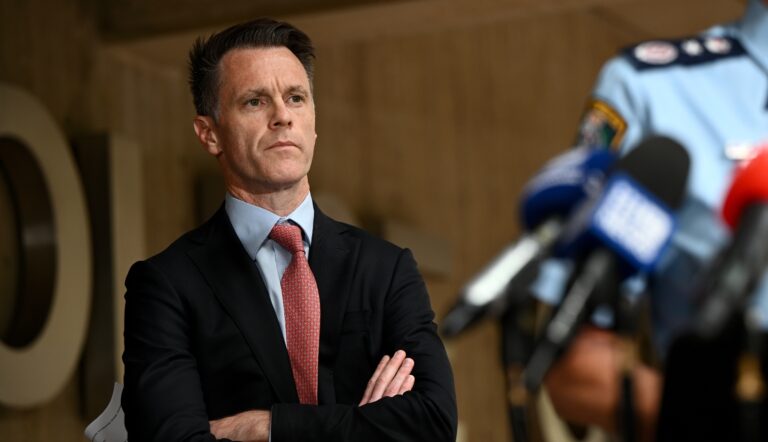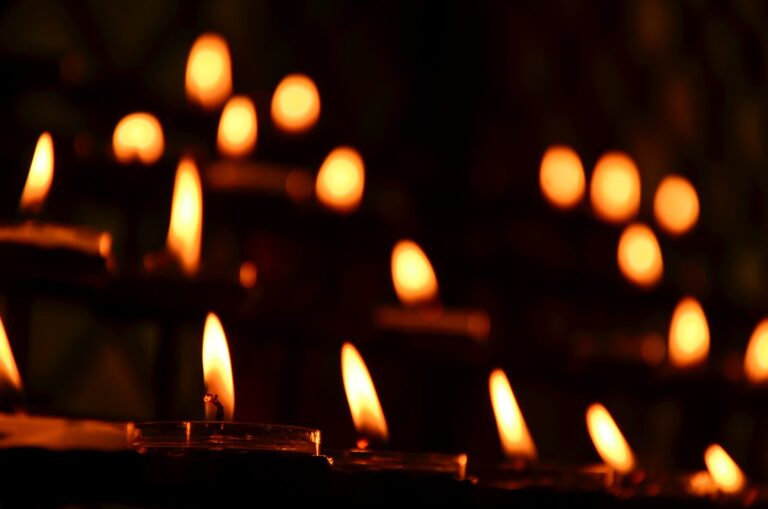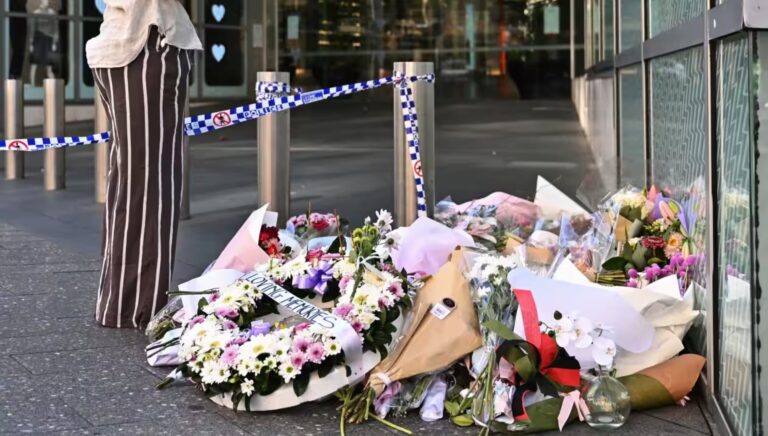
Prisoners see daylight but jobs lost
BY SHANT FABRICATORIAN
Under pressure from prison reform activists, the State Government decided in late September to abandon the controversial 18-hour cell lockdown policy at Long Bay prison hospital.
However, the surprising decision to withdraw Corrective Services staff from the hospital entirely, with the potential loss of over 100 jobs, has angered the Public Services Association of NSW, whose representative branded the decision ‘ridiculous’.
The 18-hour lockdown policy dates back to early April, when the previous lockdown time of 9pm was brought forward to 3.30pm, a result of cutbacks in the number of correctional officers.
This increase in the amount of time patients were forced to sit alone in their cells raised concerns that existing serious mental illnesses would be exacerbated, and led to claims of sedation by prison groups.
Spokesperson for Justice Action, Brett Collins, hailed the decision as a victory for mental patients.
‘The health profession, including Australia’s leading forensic psychiatrists, nurses and the Mental Health Council of Australia, unanimously agreed that locking patients in solitary confinement from 3.30 in the afternoon to 8.40am the following day would be likely to exacerbate mental illness,’ he said. ‘To cause vulnerable citizens to suffer for administrative purposes is essentially torture and diminishes us as a community.’
The decision to end the lockdown brings to an end a six-month campaign by activists, which began with a patient petition.
But according to Justice Action’s Michael Poynder, it grew to encompass a raft of professional groups concerned about the decision to cut costs on patient wellbeing.
He said the campaign for the reversal included court action alleging breaches of Australia’s human rights obligations under international treaties, a complaint before ICAC alleging corrupt behaviour, critical media coverage including ABC TV’s Stateline, and numerous letters to the Minister for Justice, John Hatzistergos.
Greens MLC Sylvia Hale suggested the court case, led by Justice Action with a number of barristers offering pro bono support, may have influenced the decision to end the lockdown. The case is presently on-hold.
The judgment to pull out all Corrective Services staff drew the ire of Stewart Little of the Public Service Association of NSW.
‘People will die as a result of this ridiculous decision,’ he said. ‘You can’t tell me that Justice Health will have a proper correctional regime in place. You are talking about some of the worst criminals in the state.’
But this criticism was rejected by Hale, who said that the decision to introduce staff with a nursing record, rather than a correction background, was a positive step.
‘Nursing staff are aware of the problems and have been for many years,’ she said. ‘There is a role for DCS staff to monitor the hospital perimeter, but in terms of patient care, nurses are preferable.’









